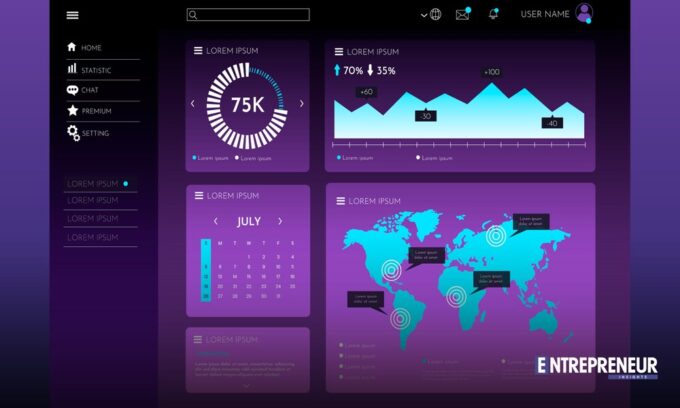Key Highlights:
- AI-powered diagnostic tools are enabling early and accurate detection of congenital heart disease.
- Stem cell research is offering promising solutions for heart tissue regeneration.
- Personalized treatment plans using AI are improving patient outcomes.
Congenital heart disease (CHD) diagnosis and therapy are being transformed by the combination of stem cell technology and artificial intelligence (AI). These state-of-the-art developments are opening the door for regenerative medicines, increasing individualized treatment options, and boosting early detection.
AI-Driven Early Detection and Diagnosis
Early detection of congenital cardiac disease is greatly helped by artificial intelligence. AI-powered advanced imaging tools assist physicians in accurately analyzing complicated heart architecture and identifying anomalies. Large volumes of data are processed by machine learning algorithms, which help cardiologists make accurate diagnosis and create efficient treatment regimens.
Stem Cell Therapy for Heart Tissue Regeneration
Stem cell technology is emerging as a potential game-changer in the treatment of congenital heart disease. Researchers are exploring ways to use stem cells to regenerate damaged heart tissue, reducing the need for invasive surgeries. These therapies have the potential to repair congenital defects and improve heart function, offering hope to patients with severe CHD conditions.
AI-Powered Customized Therapy Methods
By facilitating individualized treatment strategies, AI is also revolutionizing the way congenital heart disease is managed. AI can optimize surgical operations, forecast any complications, and suggest the best course of therapy by evaluating patient data. This individualized strategy improves patient care and raises treatment success rates.
Overcoming Challenges and Future Prospects
Although these developments, obstacles still exist, including access to stem cell treatments, ethical issues, and regulatory approvals. However, it is anticipated that ongoing research and technical advancements will remove these obstacles, expanding the accessibility of AI and stem cell-based therapies.
With ongoing innovations, the future of congenital heart disease treatment looks promising, offering better diagnostic capabilities, less invasive treatments, and improved patient outcomes.















Leave a comment